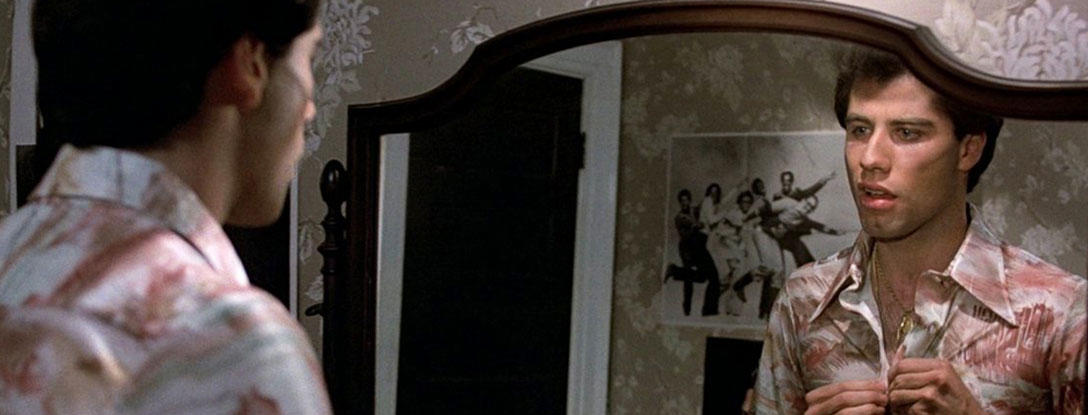©1977 Paramount Pictures
Nate von Zumwalt
“The film that blew your mind isn’t necessarily the best film,” Sundance Film Festival director John Cooper said slyly at the closing night of the Creative Producing Summit. Apparently that declaration was intended to curtail the evening’s presenters—a who’s-who of the film-producing world—from shying away from candor. In fairness, how many of us are wont to divulge our earliest, innocent artistic predilections? Not I, says this sheepish fan of Waterworld.
“The Film That Blew Your Mind” is as much an exercise in self-exploration as it is an analysis of craft. It’s a reminder that critical acclaim and artistic excellence are not the sovereign rule-makers of taste and creative influence. Below, we revisit some of the evening’s film selections and the subsequent discussions surrounding their effect on each presenter.
Julie Goldman, Documentary Producer (Weiner, Best of Enemies, Ai Weiwei: Never Sorry)
The Graduate
“This clip is about how to end a film perfectly…”
“It’s just brilliant. The use of music is great. It’s really just kind of a perfect film to me. This ending is so incredible. The exhilaration of it…you’re just waiting and waiting. Is she going to yell his name back? They get on the bus. They pulled it off. They did it. But it’s like, ‘Now what?’”
Marttise Hill, Producing Fellow, Leche
Malcolm X
“This is the movie that showed me the transformative power of film.”
“The sound design. The leather bending when he points his finger at the end… It worked for the material. It worked for who Malcolm X was. It worked for the time. It’s still in my top 5 all-time films. It’s still the movie that made me want to make movies.”
Effie Brown, Producer (Dear White People, Real Women Have Curves)
The Omega Man
“All I’m going to say is that Charlton Heston is in this movie…”
“It was made in 1971. Before there was HBO there was something called Prism. This was on, and I remember watching it. And it was one of the times that we got to see a beautiful strong black women with an afro and she was actually surviving. As a kid watching that, it’s multicultural, a woman is the lead, but most importantly it actually dealt with race for me.”
Caroline Kaplan, Cinereach, Head of Creative Initiatives
Saturday Night Fever
“It was the 70s in New York City and I was a preteen and I watched a lot of TV by myself, and my parents were divorced, and the thing that bonded me and my Dad was movies.”
“I said to my Dad, there’s this movie coming out and I really want to see it. What unfolded over the next two hours – racism, being trapped in your environment, rape, suicide, misogyny. It just blew my mind. And yet, it was really about a dance contest, so…”
Michael Barker, Sony Pictures Classics, Co-President & Co-Founder
A Place in the Sun
“I was 11, and my mother said you have to see this. The movie scared the living shit out of me, because it begins with a young man and we’re in his brain… It was with this movie that I discovered that there’s more to movies than ‘the escape.’”
“There were so many things in that movie that I saw for the first time. I think that was the first time I realized what great acting was. Great acting you can’t really identify. You just know it. It’s an intangible.”




